

This comprehensive guide helps you select the perfect timber screws for your woodworking needs. We'll cover different types, materials, sizes, and applications, ensuring you choose the strongest and most suitable screws for your project. Learn about factors like screw length, diameter, thread type, and head style to avoid common mistakes and achieve professional results.
Timber screws are available in various materials, each with its own strengths and weaknesses. Common materials include:
The head style of your timber screws significantly impacts its function and appearance. Common head types include:
Selecting the correct size of timber screws is crucial for strength and longevity. Factors to consider include:
Pre-drilling pilot holes is highly recommended, especially when working with hardwoods. This prevents wood splitting and ensures a cleaner, more secure fastening.
Use an appropriate screwdriver bit to avoid damaging the screw head. A magnetic tip will help keep the screw from falling out.
| Feature | Steel Timber Screws | Stainless Steel Timber Screws |
|---|---|---|
| Strength | High | High |
| Corrosion Resistance | Moderate (galvanized options available) | Excellent |
| Cost | Low | High |
Remember to always consult the manufacturer's instructions for specific recommendations on the use of their timber screws.
By understanding the nuances of different timber screws, you can choose the perfect fasteners for your next project, resulting in stronger, more durable woodworking.

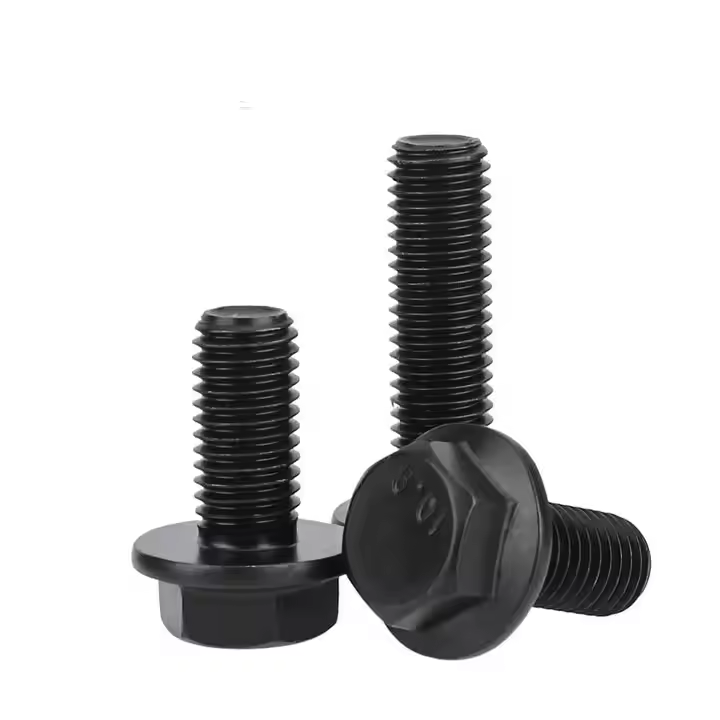
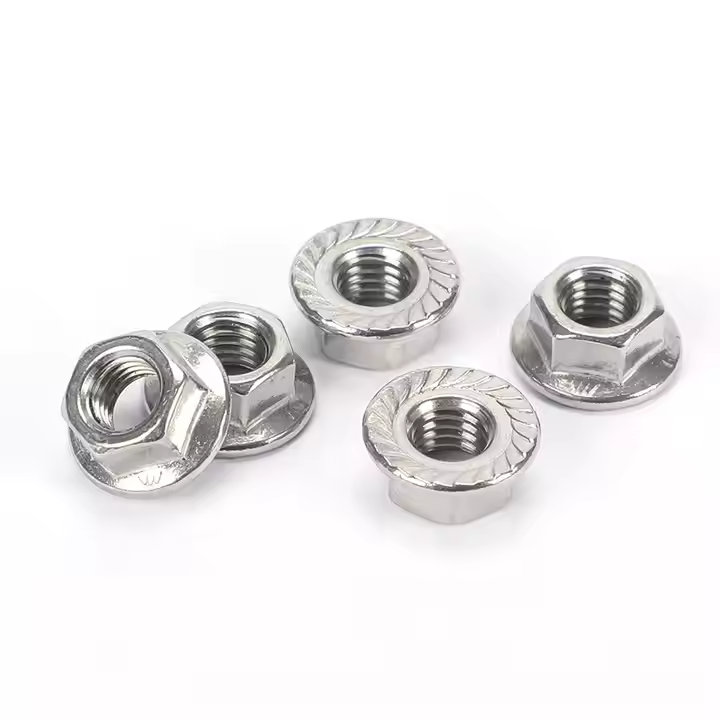
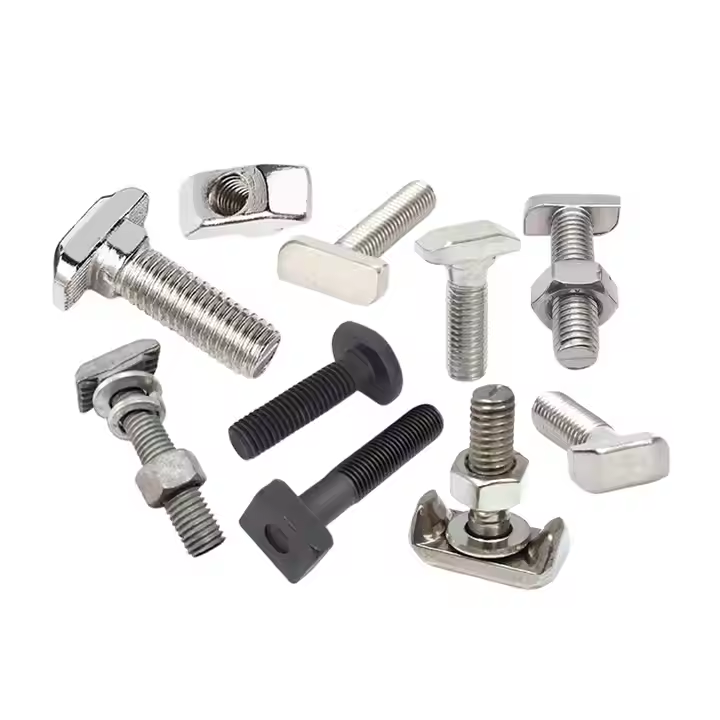
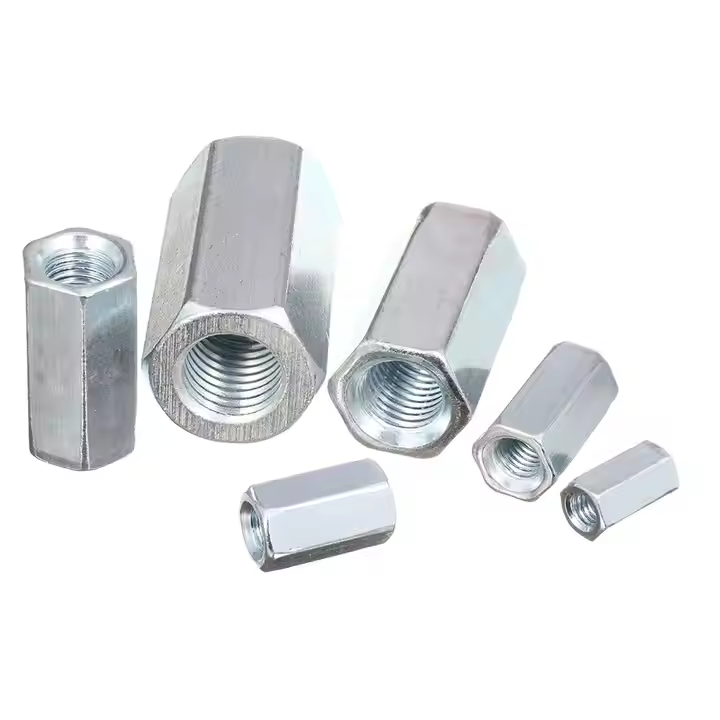

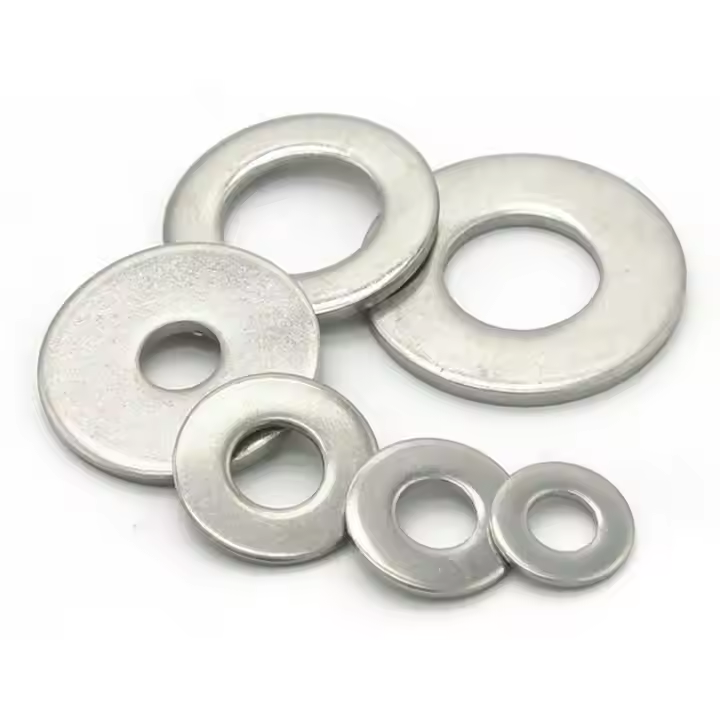


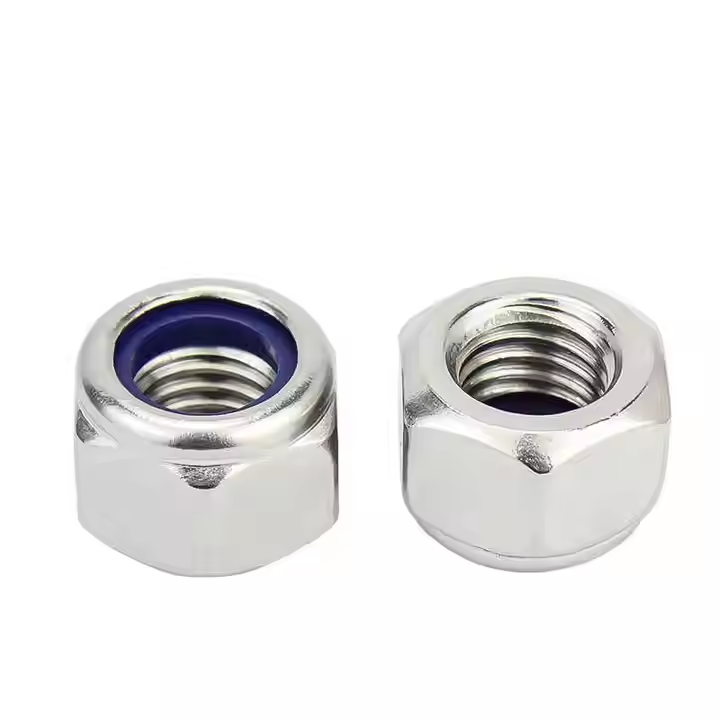
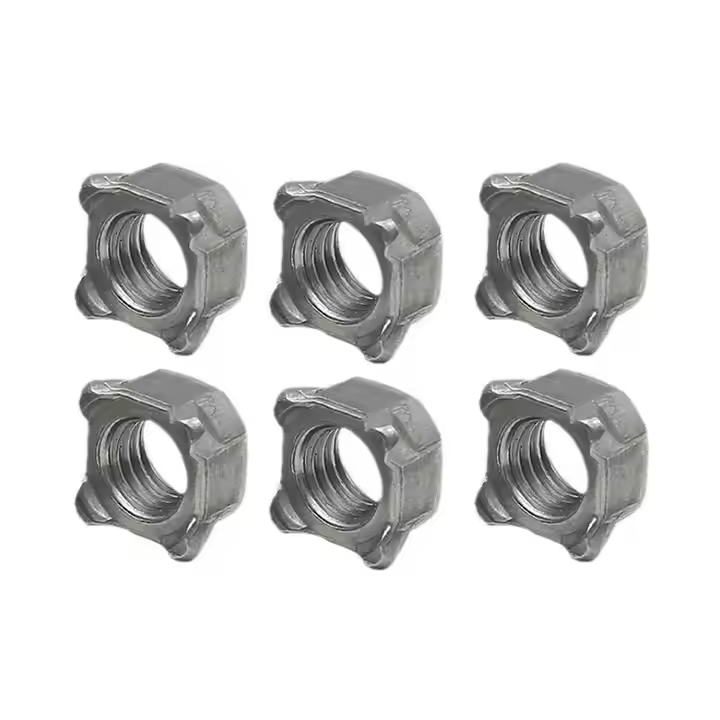

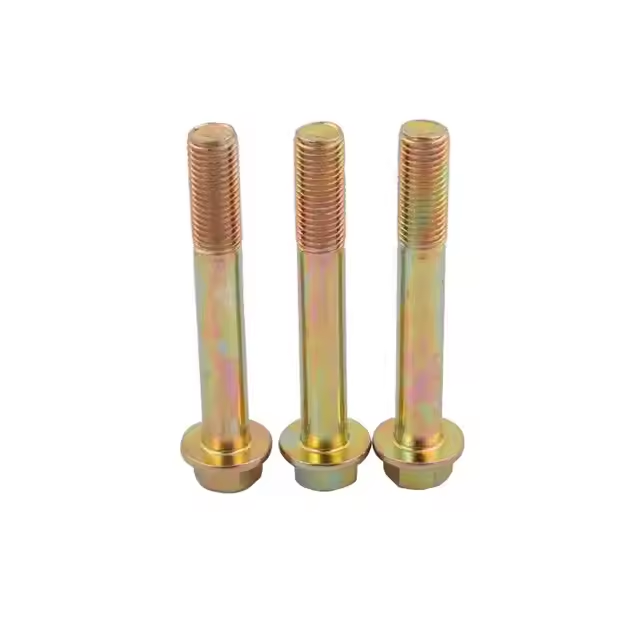
Please enter your email address and we will reply to your email.